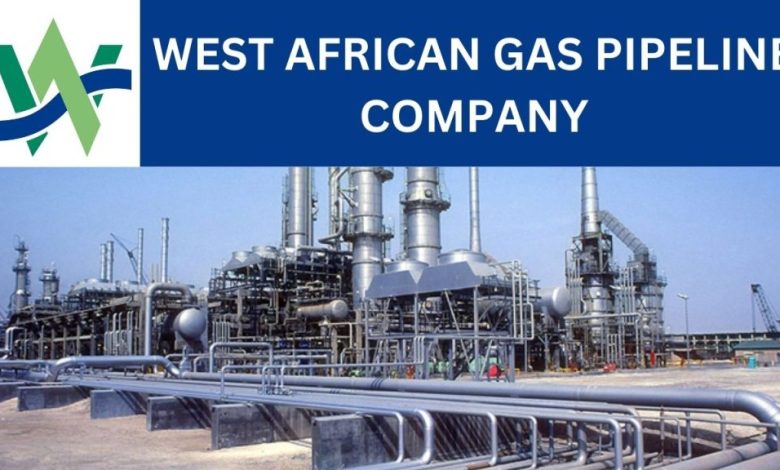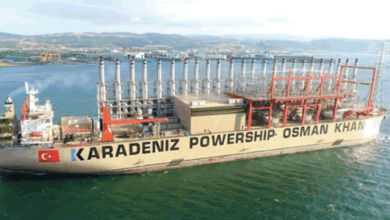WAPCo postpones pipeline maintenance to avert power crisis in Ghana

The West African Gas Pipeline Company (WAPCo) has agreed to postponed its planned pipeline maintenance by two weeks, a move aimed at averting an potential power crisis in Ghana.
This decision follows a meeting held on January 8, 2025, involving a technical committee chaired by Mr. Julius Debrah, Chief of Staff.
The planned maintenance operation which is called “pigging,” is essential for ensuring the safety and efficiency of the pipeline that transports natural gas from Nigeria through Benin, Togo and to Ghana.
The procedure which will last for at least two weeks raised concerns due to Ghana’s current fuel shortages for thermal power plants.
The Ghana Grid Company (GRIDCo) warned that process could exacerbate the nayionwide electricity supply challenges, which could results to widespread power outages, commonly referred to as “dumsor.”
This necessited high-level meeting bringing together representatives from WAPCo, GRIDCo, and the technical committee. The stakeholders dialogue on the impact of the maintenance on the national grid and how it will affect businesses and households.
Following these discussions, WAPCo have consented to postpone the pigging exercise by two weeks.
This postponement is intended to provide authorities with additional time to secure alternative fuel supplies and stabilize electricity generation.
The government’s efforts to mitigate the power crisis include expediting the importation of light crude oil and liquefied natural gas (LNG) to compensate for the gas supply shortfall. Additionally, a technical committee has been formed to develop a comprehensive roadmap to address the energy challenges. Recommendations from this committee are expected to guide the government’s strategy in ensuring a stable power supply during the rescheduled maintenance period.
As the nation struggles with fuel shortages and the threat of power outages, the collaborative efforts of government agencies, energy companies, and international partners remain vital in maintaining energy security and supporting economic stability.




